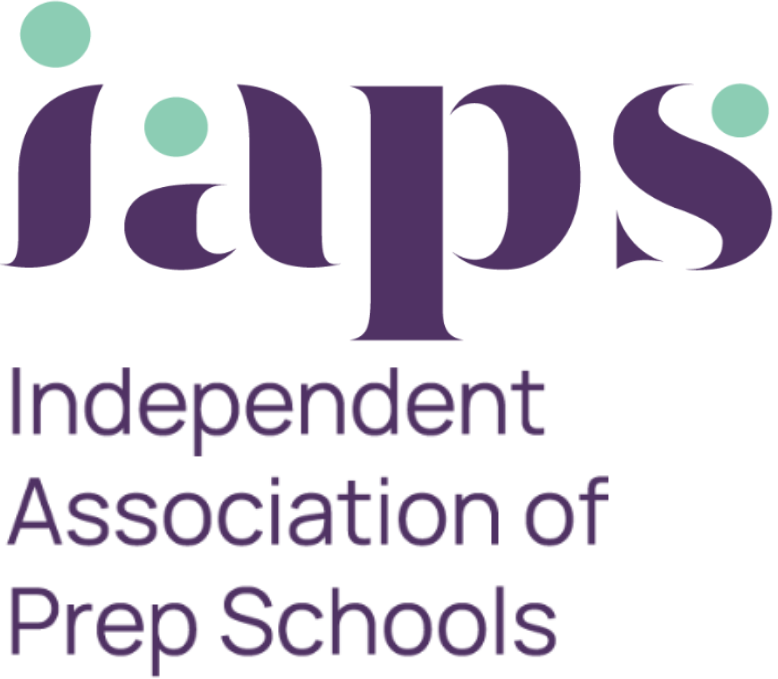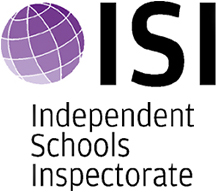Education and climate change
How does Russell House educate and inform on climate change? Mr McCarthy explains.

Like music, art and mathematics, learning about the world’s climate and our impact upon it is a universal theme, forcing us all who work in education and beyond to reflect upon who we are as a species.
As a school, what we are not, is about fuelling ‘eco-anxiety’. Pupils in our school understand that they cannot change the world by themselves. However, being in school they can learn and be inspired to become the next generation of informed policy makers.
To that end we strive to provide experience of high quality science, maths and humanities lessons so that our children understand their time and place in the world together with the fundamental science behind the complex chemistry of the biosphere. In English, drama and children’s philosophy, our pupils learn to think, to question and to express their opinions clearly and with conviction but without excessive emotion.
At Russell House, we have measured our carbon footprint and are working on a programme to reduce it.

It is presumptive arrogance that has humans acting as if we own the planet. On geological timescales it is clear that we are only borrowing it until our time is over. However, I am immensely encouraged by our pupils’ and the younger generation’s awareness of the climate crisis and the behavioural changes that are needed, not to mention giant strides being made in science and technological innovation. Russell House remains optimistic.
Craig McCarthy






